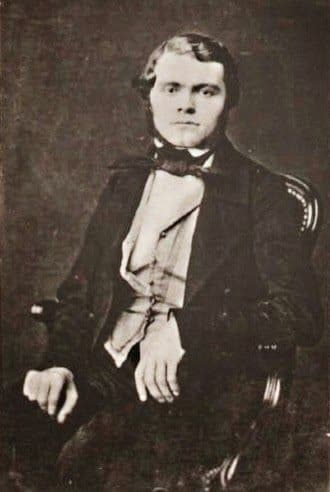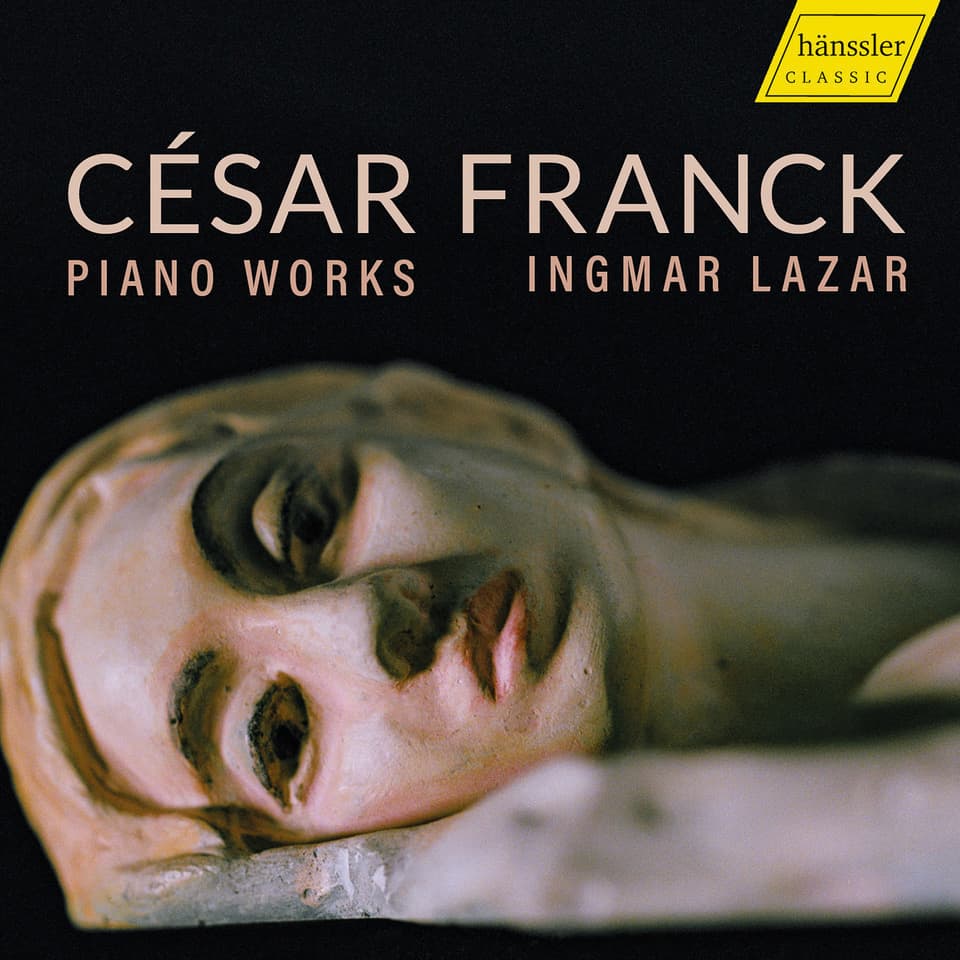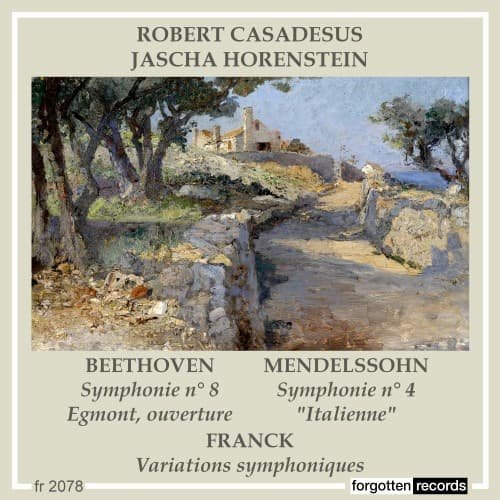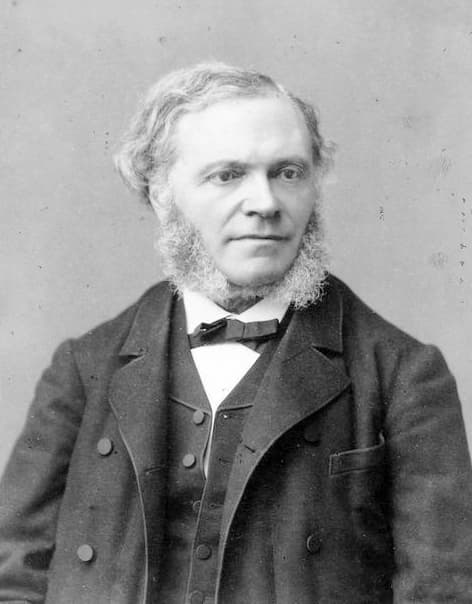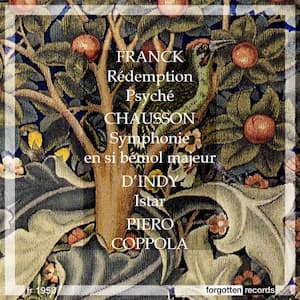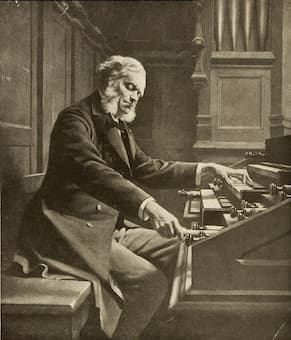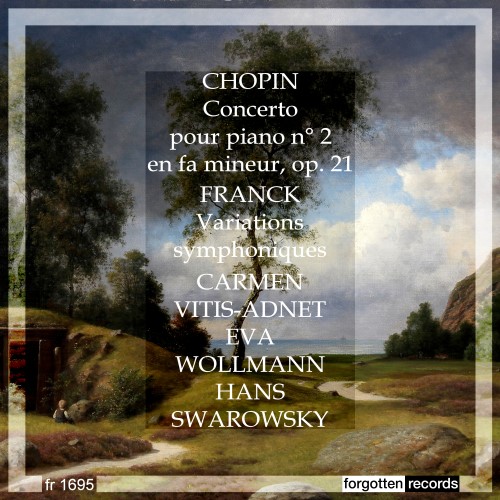César Franck was born in the city of Liège on 10 December 1822, then part of the United Kingdom of the Netherlands. His father, Nicholas-Joseph was a minor clerk, unemployed at the time, but he had great plans for his
Franck
Today was the birthday of César Franck (1822-1890) and Olivier Messiaen (1908- 1992). Born in different places and centuries, Franck and Messiaen did not share the same soundscapes in their compositions. Yet, these two composers shared a few things in
Ingmar Lazar, the founder of Festival du Bruit qui Pense, is a leading French pianist. He is set to release an album featuring four sets of pieces by César Franck. The album opens with an unpublished sonata written by Franck
César Franck (1822–1890) was a true international composer: he was born in Belgium, was a French citizen by choice, and may have even had a bit of German in his remote past. His musical skills were recognized early and exploited
“I dared much, but the next time, I will dare even more” Born in the city of Liège on 10 December 1822, then part of the United Kingdom of the Netherlands, César Franck (1822-1890) composed in a rich and luxurious
César Franck (1822-1890) came to Paris in 1835 where he studied privately. When he became a teacher in Paris at the Conservatoire, he taught the students who would go on to define French music at the turn of the century:
During the early months of 1890, César Franck (1822-1890) was busy on a number of compositional projects, including his String Quartet and the Trois Chorals for organ. Sadly, in July of that year he was involved in an accident. He
Franck’s Symphonic Variations (1885) for piano and orchestra takes the piano and orchestra relationship out of the typical concerto contest of piano versus orchestra and places the two as equal partners. We’re used to the piano as a soloist, but

